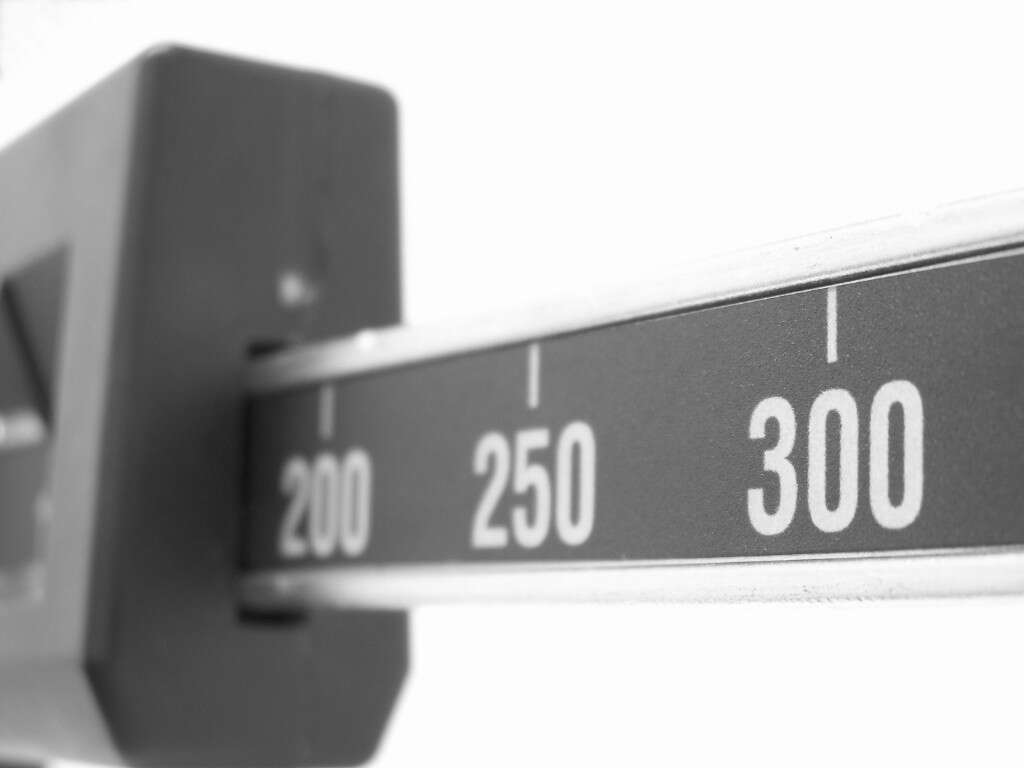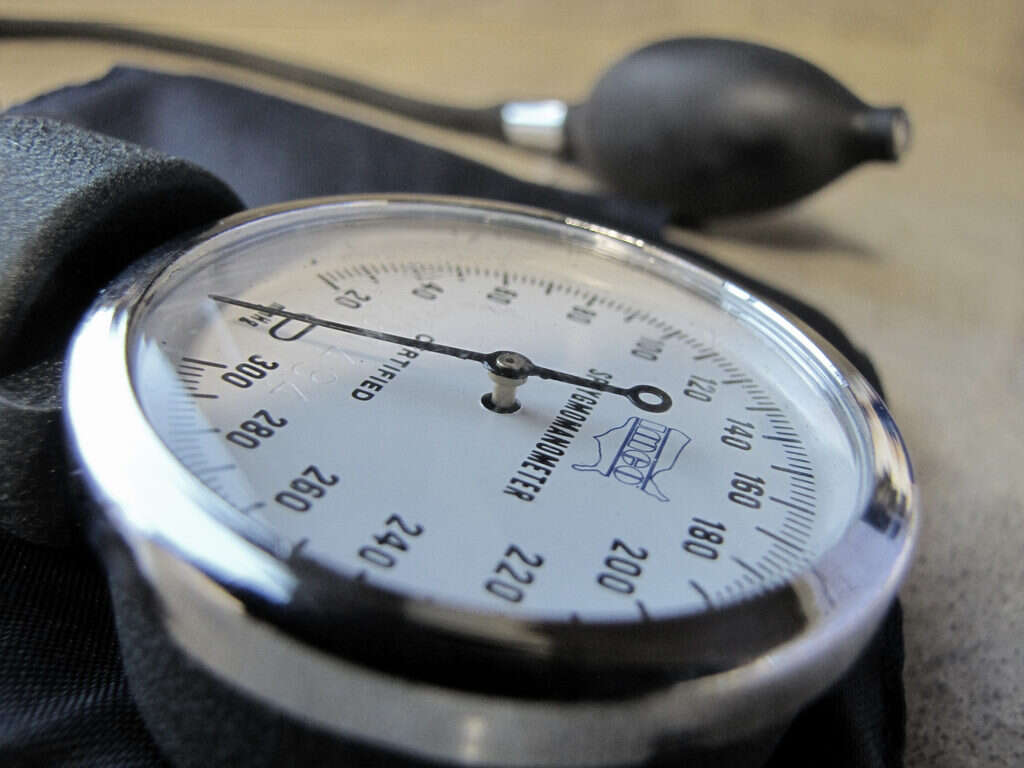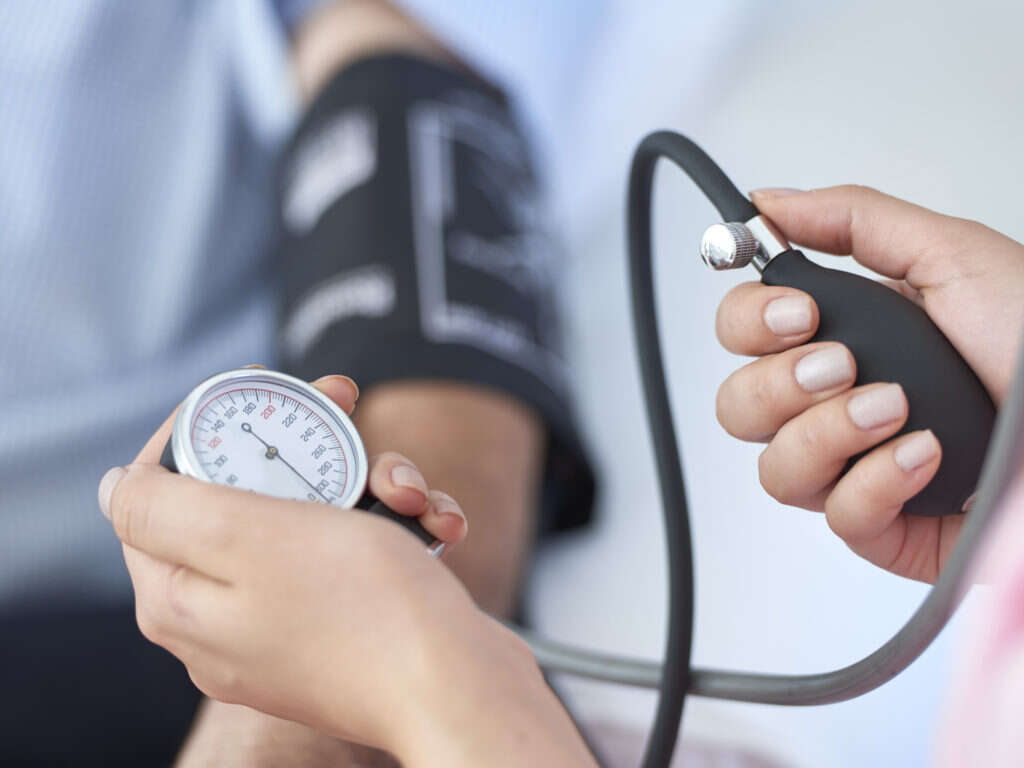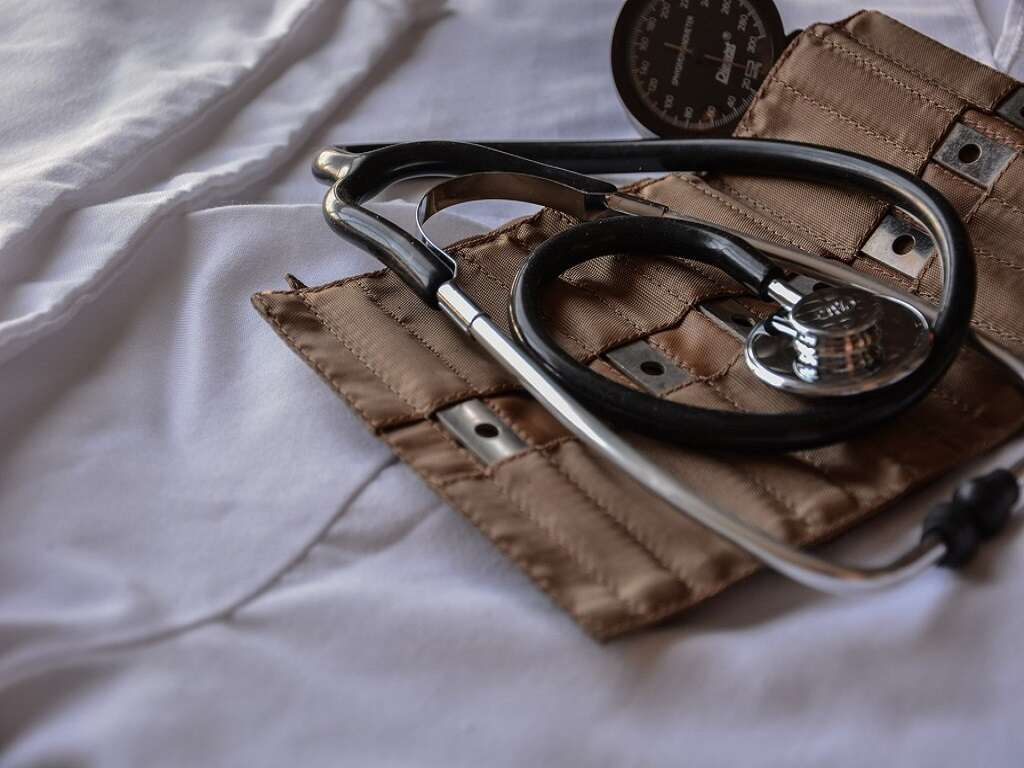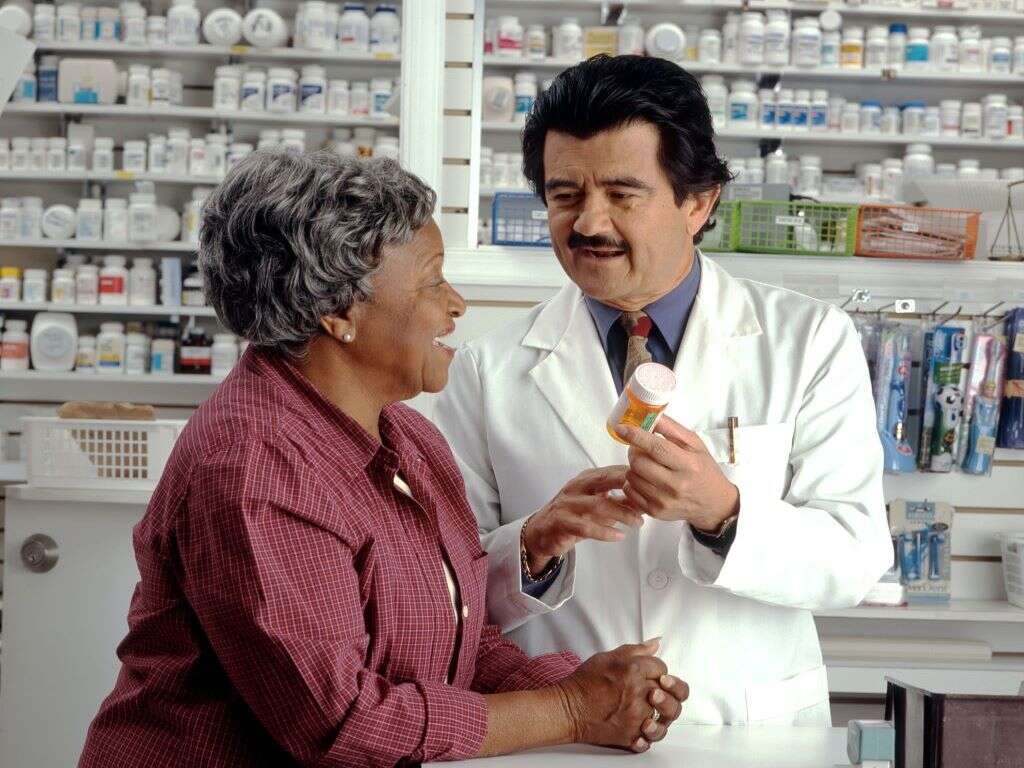What Causes Low Blood Pressure?
Having a healthy blood pressure is very important for us. If it was too high then the pressure could start doing damage to blood vessels and organs. If it were too low, then there would not be enough force to make the blood do a full circuit of the circulatory system. Either condition can be risky so both should be addressed.
People tend to focus a lot on not having a high blood pressure, and it probably is the more dangerous of the two. However, a low blood pressure is also something that should never be taken lightly. In addition to the effects of the blood pressure itself, it is also sometimes the result of potentially serious underlying causes.

1. Systolic Vs Diastolic
When you have your blood pressure taken you will be given two different numbers. These are the systolic pressure, and the diastolic pressure. The systolic pressure is the reading of the pressure your heart produces when pumping. The diastolic pressure is the pressure of your blood between heartbeats.
If the pressure was to fall too low, then the blood would find it harder to complete the circuit back to the lungs and heart. The circulation will come into particular difficulty when it has reached the bottom and has to move back up the body again against the force of gravity. There are various potential underlying causes of this.

2. Dehydration
Dehydration is perhaps one of the most common causes of a low blood pressure, and it simply means that there is not enough water in your body. Without enough water, there is less blood than usual flowing through the circulatory system. This, in turn, will mean that blood is being pumped at a lower than usual pressure.
Dehydration is often caused simply by not drinking enough, and it can also be caused by water loss through strenuous exercise. Other potential causes include excess diarrhea and vomiting which will cause a lot of water to be expelled from the body. Simply drinking more water will often remedy the problem, but other underlying causes will also sometimes need to be addressed.

3. Hormonal Conditions
Hormones help regulate many aspects of how our bodies function. These include how quickly or slowly the heart beats, while it also includes how we process sugar in our blood. These factors, and others, can result in the patient’s blood pressure levels dropping.
Hormonal imbalances can be caused by a number of factors, one of which is problems with the thyroid gland. Some conditions can cause hypothyroidism which means not enough hormones are being produced by the thyroid gland, and this can cause a low blood pressure. Addison’s disease, which affects the functioning of the adrenal glands, is another potential cause.

4. Nutrient Deficiencies
Many of us are fortunate enough to have easy access to a healthy, balanced diet. Still, many people don’t eat the variety of nutrients that they need. Other people might have nutrient deficiencies due to medical conditions that prevent them from absorbing those nutrients.
Nutrient deficiencies associated with a low blood pressure include vitamin B-12, iron, and folate. This is because these are necessary for the production of red blood cells, and too few red blood cells can mean a low blood pressure. Most cases can be remedied relatively easily with a change of diet, while dietary supplements can also help if needed.

5. Pregnancy
A woman’s body will take on considerable mass during pregnancy as their developing child grows. This will cause the patient’s whole circulatory system to get larger and, with a larger system to be serviced, the overall blood pressure will drop. The blood pressure will usually fall early in the pregnancy and will usually be at its lowest halfway into the second trimester.
This is perfectly normal and nothing to be alarmed about. It will cause no harm to the baby and the mother’s blood pressure will usually return to normal after the baby has been delivered. A doctor should still be alerted if the mother’s blood pressure drops too low.

6. Heart Problems
The chambers of our heart fill with blood and the heart’s muscles will then contract sharply. This action means that blood is forced out of the heart and around the rest of the body at force. It is this force that creates the pressure of the blood as it travels through the circulatory system.
It follows that problems with the heart will also mean the blood is not pumped with enough force, thus lowering the blood pressure. This is exactly the underlying causes of low blood pressure in some cases. While many heart conditions are not immediately dangerous, some can be life-threatening, so it is always a good idea to find it what is causing a low blood pressure.

7. Blood Loss
If we cut ourselves then our bodies move rather quickly to deal with the condition. The blood clots to form a plug and, depending on the wound, the damage will have been patched up in no time at all. This prevents the loss of too much blood, and the body can then set about making more permanent repairs.
Some injuries are too severe to patch up fast enough, though, meaning too much blood can be lost. Not enough blood will mean that the patient’s blood pressure will fall. Such blood loss can be caused by injuries, some medical conditions, and surgery. Too much blood loss can be fatal so it should be taken very seriously.

8. Anaphylaxis
Allergies are very common, and countless people suffer from them every year. In the vast majority of cases, being exposed to an allergen will cause some uncomfortable symptoms, but usually little more than that. This is not always the case, however, and exposure to an allergen can be very serious for some people.
In severe cases, the body can launch an all-out attack on the allergen. These attacks can mean a dangerous amount of chemicals are released into the body, causing some very serious symptoms that threaten the patient’s life. One of these symptoms is a severe drop in blood pressure.

9. Sepsis
Our immune systems do a wonderful job of protecting us from infections. They work 24/7 and are quick to react to any threat as soon as it is recognized. In most cases, we will not even be aware that there was a danger because our body will react to the threat quickly and efficiently.
Infections will sometimes be able to take hold, however, and this will require a stronger response by the immune system. In case of severe infections, there may be a severe reaction that can cause damage to patient’s own organs and tissues. The result can be life-threatening, and symptoms include a severe drop in blood pressure.
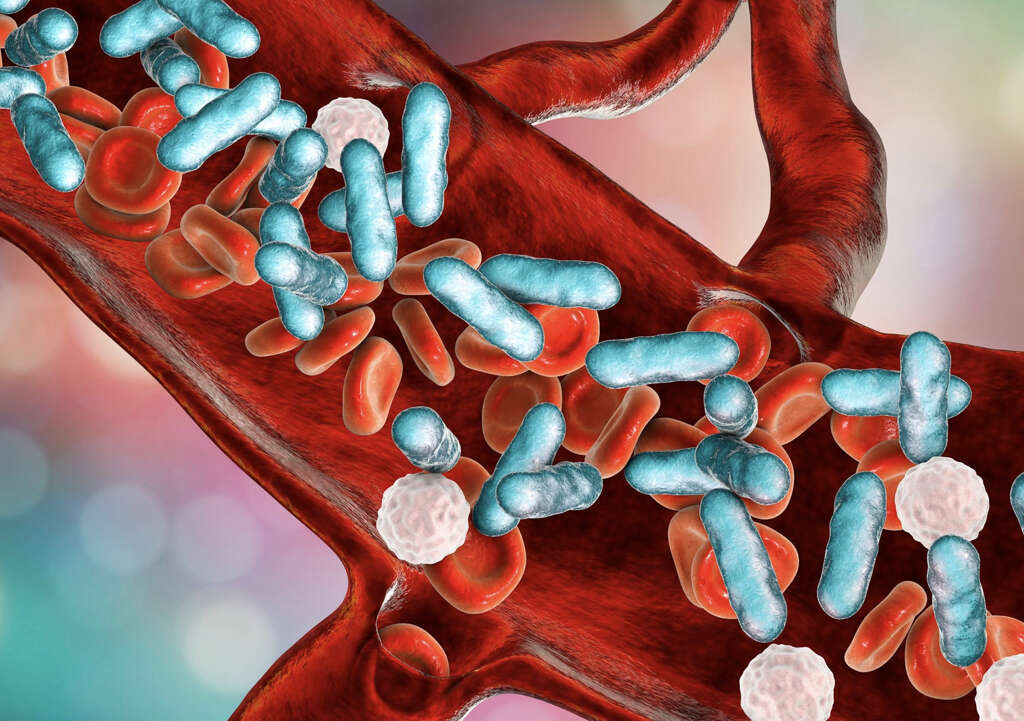
10. Treatment
In many cases, low blood pressure will not require any treatment, depending on just how low it is. However, it should still be monitored to help ensure it doesn’t drop dangerously low. If deemed necessary, however, there are medications that will help to increase your blood pressure.
Other methods include drinking more water to help increase the volume of fluid in your circulatory system.
Compression stockings will also help in some cases by helping to prevent pooling in the legs. It is normally recommended to avoid too much salt to prevent a high blood pressure, and salt can be helpful in increasing blood pressure when it is needed.





